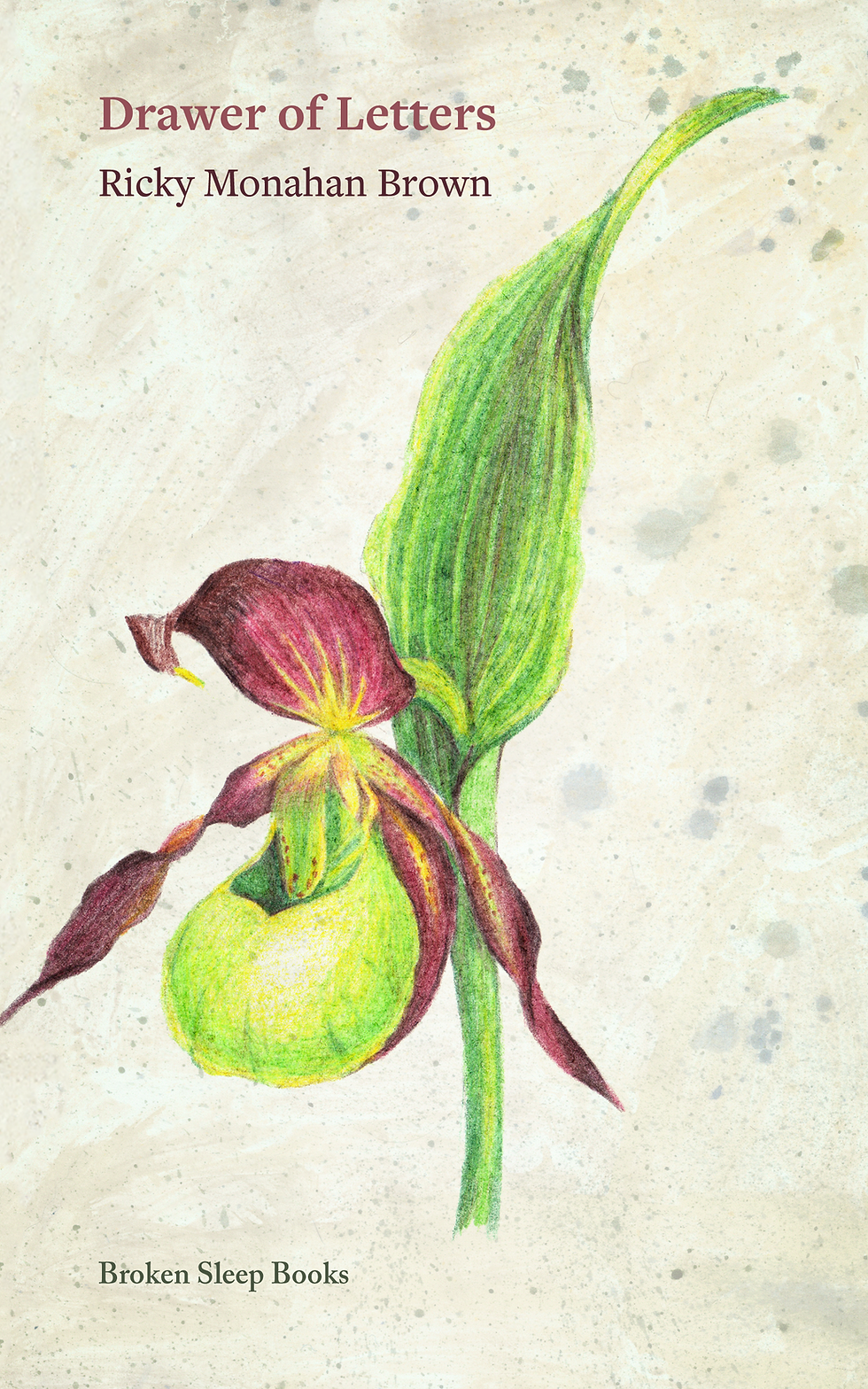Released September 30th, 2024 // 38 pages // 978-1-916938-48-9 // RRP: £9.99
Morag Smith’s last poems are collected here in National Song. Her voice is untamed and passionate. Her work is forged from deep seams of raw experience and discovers resolution and beautiful purpose in the fine-tuning and exactitude of her craft. They bear witness to her rebellious soul, the long search for identity, belonging, and personhood. These poems wake us up. The magic of their language sparks out in cascades of illumination, hard-won truths, and joy mined out of darkness. National Song sings a healing for the wounds of life. These poems celebrate human kinship.
PRAISE for National Song:
These are fearless poems, forged in life’s crucible. They put profound intellectual and emotional scrutiny on themes of identity, both personal and political. Morag Smith’s work is rooted in her Cornish identity, yet is in active relation to the wider world, where the poet draws from a well of deep experience. There is much wry wit here, and joy in the world, despite life’s struggle. She travels the labyrinth of being, keeping hold of the shining thread of language. Here is a beautifully-observed account of a daughter’s first childbirth; here she travels back into the maelstrom of her own girlhood in Scotland; here she writes of being swallowed whole by the whale of domesticity and maternal responsibility. Her poetry possesses an abiding sense of the moral landscape, a landscape she has learned from the ground up. This distinguishes her work both ethically and imaginatively. In she bears witness to her experience of social exclusion. She gathers fragments of an often traumatic past, and makes sense of them. Her poems repair damage, and so lead us to believe that healing is possible. These poems now step to their place in the world. I love their resolute purpose, and the hard-won beauty of their truth.
— Penelope Shuttle
Morag Smith’s poems erupt with enthusiasm and indignation and pain. Above all they express an unsentimental love of life and especially of Cornwall, tuning in again and again to a profound ancient music. Sometimes it’s as if one of the Beats had landed at Falmouth, but there’s also a more subtle vein of free verse that another poet from the Isle of Lewis, Iain Crichton Smith, would have recognised. In her shorter lyrics, Smith has an instinctive sense of just how much she should say. There’s no superficial polish here, but a rough-cut and often moving sincerity. The poems glitter like Cornish granite.
— John Greening
Morag Smith wrote as she lived her life with a warrior heart. Her passion and enthusiasm for all things poetry is so deeply missed by all of us at Falmouth Poetry Group who were also privileged to call her friend.
— Rosie Hadden
Morag Smith can never be contained - warrior, revolutionary, nomad, climate activist - a restless, hugely empathetic poet releasing a stream / of dark words / into the light
— Katrina Naomi
I have been waiting for poems like this for a long time. Poems that stretch the imagination’s reach, hear it snap then stretch it some more. Political, electric, broken, fierce, bloody, alive. I have a feeling that each time I step away from them they reconvene, change, rearrange. A new millennium invites new ways of writing and thinking and National Song responds to this invite with fearless energy. Each poem propels me into a place that’s familiar and strange and longed for. I am gutted that these are Morag’s last poems. ‘KIN KIN KIN’, she writes, and I hear her, and I hold her hand, and I say yes, I’m here, I’m listening and suddenly we’re connected across the void.
— Alyson Hallett
Nature, love, family and travel all gave Morag Smith life experiences that she was able to turn into words on the page. She knew that wanting everything would bring disappointment, but persisted in wanting it all anyway, fighting against the injustices of the world – be that illness, gender, relationships, exclusion and discrimination, or attitudes to travellers and nomads – noting that ‘the revolution blossomed’ despite ‘the spoils of war’. Whether trapped by expectations, social convention, poverty or terminal illness, Morag had something to say and using a poet’s skill along with an unnerving honesty and individual approach to language, said it, in forthright canticles and songs of resistance.
— Rupert Loydell
ABOUT Morag Smith:
Morag Smith was born in Cornwall on the 24th March 1969. She grew up in Essex and on the Isle of Lewis. She had six children and nine grandchildren. She lived for a number of years as a New Age Traveller with her then young family. She returned to Cornwall and graduated from the University of Falmouth in 2019 with a First Class Degree in Creative Writing. She was a member of the Falmouth Poetry Group, and engaged widely with the poetry community in Cornwall. Morag was also an artist, a Zen Buddhist, and an activist, working notably with Clean Ocean Trust. She died on the 26th July, 2023, having received a terminal cancer diagnosis in March of that year.
top of page
£7.99Price
Related Products
bottom of page
































